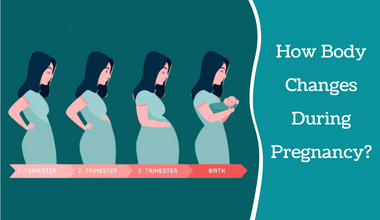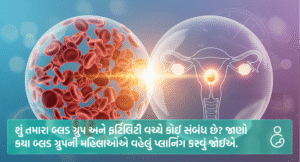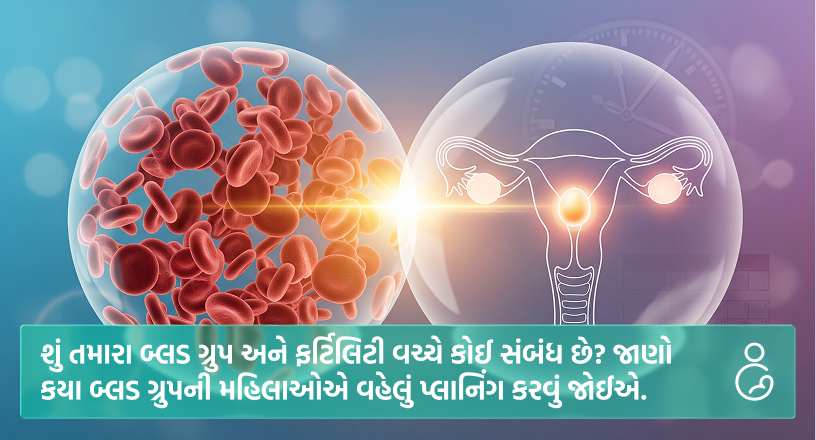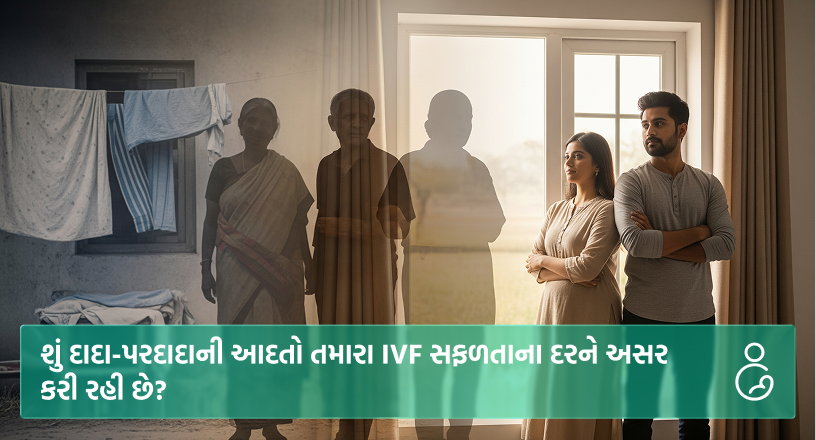A woman’s body may experience enormous changes during the nine months of pregnancy. Pregnant women may experience physical change during this pregnancy period. Some of these physical changes are apparent, like weight gain and a growing belly, while others are well-known, such as a puffy uterus, morning sickness, and backaches. A few bodily changes may be unanticipated and catch some women off guard. It is incredible how a woman’s body experiences Physical changes during pregnancy. They can change from usual swelling to vision changes.
Fatigue, sleep problems.
If you want to sleep, you may feel weary during your pregnancy. During the first trimester, most women experience fatigued. This is your body’s method of notifying you that you need further sleep. Tiredness is often replaced with a sense of well-being and vigour in the second trimester. But, tiredness commonly returns in the third trimester. Sleeping may be difficult as you gain weight due to emotional changes during pregnancy. The movements of the baby, the bathroom urgency, and an improved body’s metabolism may disrupt or disturb your sleep. Leg cramps might sometimes make it harder to get a good night’s sleep.
Breasts changes during pregnancy
Hormones (mostly estrogen) prepare the breast’s milk production, causing them to expand. The number of milk glands improves in this time, and they become capable of producing milk. It is possible that the breasts may feel stiff and tender. Wearing a bra that is well-fitting and supportive may assist. The breasts may make a thin, yellowish, or milky discharge during the last weeks of pregnancy (colostrum). Colostrum is created before breast milk is moulded in the first few days of the delivery. The breastfed baby’s first food is this fluid, which is high in minerals and antibodies.
Weight and Fluid Retention
If you have any problem in conceiving, then you may visit IVF treatment. Without a doubt, you may expect weight gain during pregnancy about 11kg. The majority of weight growth happens in the second and third trimesters of pregnancy. As hunger and desire for calories increase, most women have little trouble gaining the appropriate amount of weight. Even though you should not follow a diet while pregnant, doctors advise that you make as many nutritional choices as possible. Water retention accounts for some of the weight increases, particularly during the third trimester. Swelling in the hands, feet, and ankles is important in the summer, particularly if you are pregnant. This soreness will pass, but you may assist yourself by putting your feet up, resting, staying cool and hydrated.
Vision changes during pregnancy
The larger the uterus produces more stress on the major vein. This delivers blood from the legs is relieved by lying on the left side. Blood flow improves when kidney activity rises. The uterus presses against the bladder, shrinking it and causing it to fill up with urine faster than usual. This stress causes a pregnant lady to urinate more frequently and urgently.
Urinary tract
During pregnancy, the heart and kidney work harder. They increase the amount of blood. During the16 24 weeks, the volume of blood filtered by the kidneys reaches a peak to maintain before the baby’s due date. Then, as the uterus grows larger, it may reduce the blood supply significantly. When a person lies down, their kidney activity increases and when they stand, it reduces. This difference is accentuated during pregnancy, and that is why a pregnant lady must often urinate while sleeping. Sleeping on the left side promotes kidney activity more than lying on the back late in pregnancy. The pressure from the enlarged prostate gland is reassured by lying on the left side. The pressure that the larger uterus sets on the major vein that delivers blood from the legs are relieved by lying on the left side. The uterus presses against the bladder, shrinking it and causing it to fill up with faster urine than usual. This stress may cause a pregnant lady to urinate more frequently and urgently.
Pregnancy hormones and exercise injuries
These hormones are necessary for a healthy pregnancy, but they are also make exercising more difficult. Because their ligaments are looser, pregnant women might be more vulnerable to ankle and knee sprains and strains. It is demonstrated that the risk of damage rises during pregnancy. A pregnant woman’s whole posture changes. Her abdomen curves more as it changes shape from flat or concave to quite convex.
Summing it up:
The good news is that these physical changes, particularly the more unpleasant ones, are only temporary. Almost all of them vanish after delivering birth within a few days or weeks. Keep in mind that they are all taking place in the name of assisting in the gestation and delivery of your kid.








